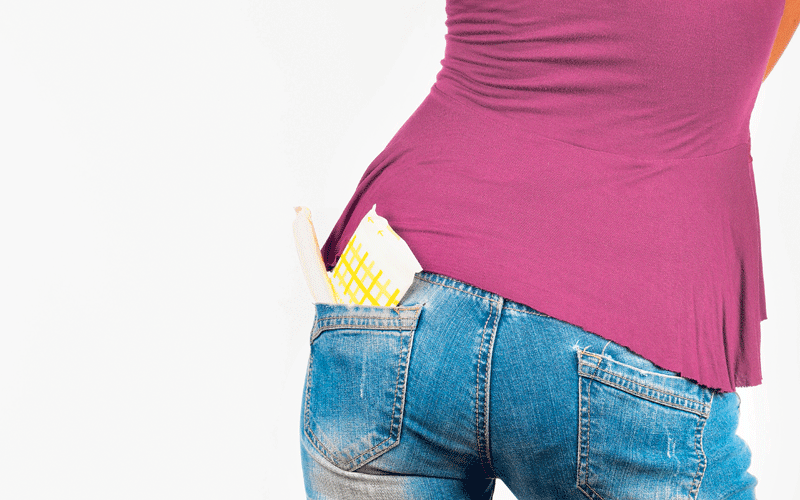Interrupted flow: How Covid-19 pandemic doomed girls
By Nduta Waweru, May 28, 2020Nduta Waweru @Nduta__
When the national sanitary pads programme was launched in schools in 2011, millions of girls from disadvantaged backgrounds could finally access the product that would ensure they stayed in school during their menses without shame and with privacy and dignity.
Statistics indicate that girls miss out 13 learning days in a term if they miss four days a month because of their periods.
They also have to grapple with issues such as shame and stigma that comes with the natural body process.
In light of this, Education ministry and other non-governmental organisations, including community-based ones, put in place various programmes to ensure girls are able to stay in school and continue with their education.
While for many the school programme was a reprieve, the interruption of the school calendar by the Covid-19 pandemic has thrown a spanner into the works.
At the moment, with girls staying at home, access to sanitary products has been a huge problem.
Vyonne Angweny, Charity Aoko and Shelvin Akinyi, who benefited from such a programme by local organisation, Garden of Hope, working in Interrupted flow say things are becoming quite difficult for girls in Kibra where they live.
“At the moment we depend on our parents to provide these products,” says Charity, a form-three student at Maono Education Centre in Kibra.
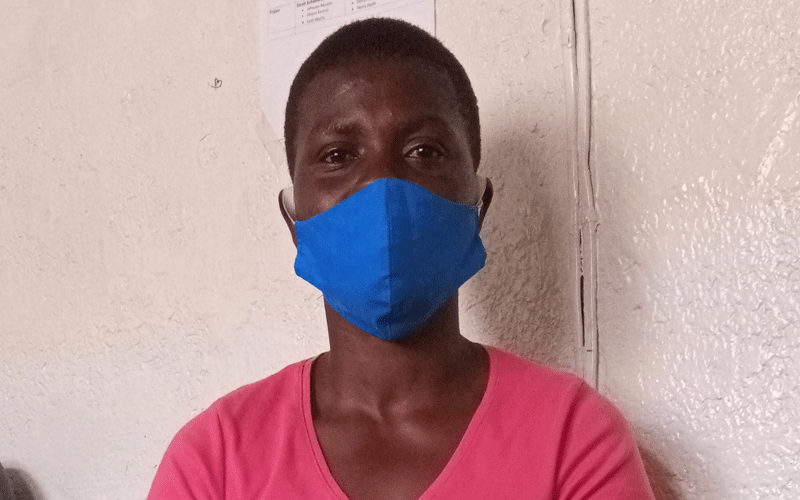
“When parents cannot afford them, we turn to our friends and ask them either for money to buy pads or for the pads themselves,” Yvonne intones.
There is a general concern of scarcity of the products, making it difficult for friends to easily share what they have.
Most of these girls used to get one or two packets of pads in school a month. While usually the standard packet comes with eight pads and costs about Sh50, one packet is not usually enough for some girls.
Consequently, some of them have been forced to turn their menses into a huge secret, hiding away in their rooms or homes for the duration of the period for fear of stigma and shame.
“Some parents completely lack money to buy sanitary products for themselves let alone their daughters.
Others have opted to look for alternatives at home including cutting pieces of cloth or mattress and using them,” says Charity’s mother, Caroline Anyango.
She says the structure at home does not provide a dignified place for girls on periods.
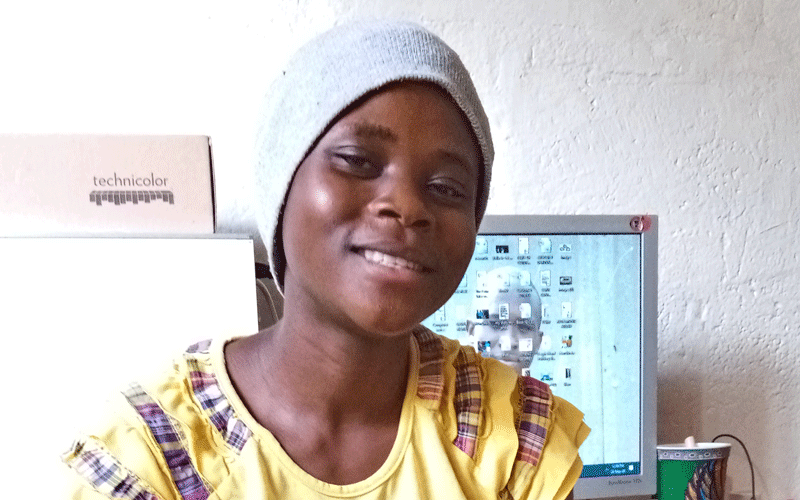
Community drives
“For those with reusable products and live in areas with communal bathrooms, some residents would complain of ‘misuse’ of bathrooms if the girls take a longer time to wash their pads there.
Others claim the girls leave the area unclean, even when they observe all the hygiene steps,” Caroline adds.
Also interrupted in these programmes is the provision of information related to menstrual health.
Some of the information, the girls say, includes how to use the period products, how to handle symptoms such as headaches, cramps and PreMenstrual Syndrome (PMS), and how to dispose of used products, information vital for young girls starting their cycles.
Victor Odhiambo, co-founder of Garden of Hope Foundation, a Kibra-based CBO that distributes menstrual products in schools, says they have had to look for ways to distribute products in the community by running drives for school-going girls now stuck at home.
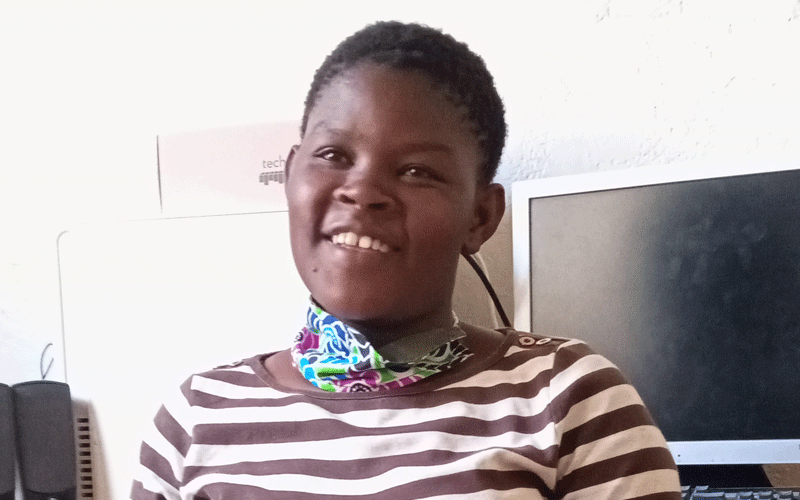
For them, it was important to get the products direct to the girls in schools to avoid situations where teachers discriminate against some students or where the school does not distribute products even when there are boxes and boxes of them in their stores.
So far, within their school programme, they have reached out to more than 500 students, giving out sanitary products every month, and educating the girls on their cycles and everything that comes with it.
“As an organisation, we do not have the capacity to give out reusable pads. However, we present some samples to the girls and women, making them aware of their existence and working with other partners to provide these if they so wish to use them,” says Victor.
He adds that some students came from really poor households that they share the products they received with other female family members.
Fortunately, since the organisation has been working to destigamatise periods, girls are now able to ask for more packets and even reveal that the products would be shared at home.
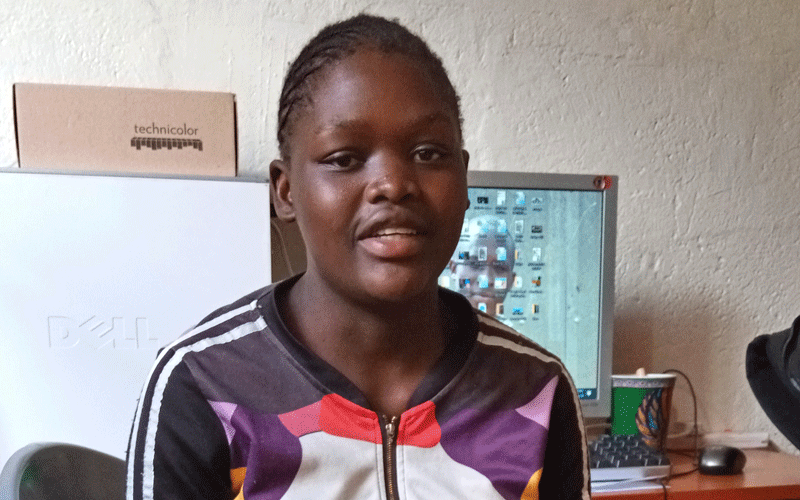
“Although our programme is usually for school-going girls, we are learning to give out extra.
We have also brought in the parents, talk to them about menstruation and get them to introduce menstrual products in their budgets,” Victor adds.
In showing the parents these products are important for their daughters, they would actually be willing to add it in the budget, because usually, the silence in the purchase and use of sanitary towels lead to assumption that girls are able to take care of themselves.
Lilian Adhiambo, a pupil at Oloos Primary School, says their school benefited from the government’s sanitary pads programme. However, she says, unlike many NGO projects, the distribution only happened once in 2019.
“I remember only seeing them in May 2019 when they brought the pads to the school.
However, some girls do not like the products because they do not have adequate adhesive to stick to their underwear.
Others even throw the pads away,” she says. They usually receive pads and soap, but do not receive additional information about their cycles.
Interactive app
Now that they are at home things are tough for some girls, says Huru International, a non profit organisation that provides sanitary products to girls in schools.
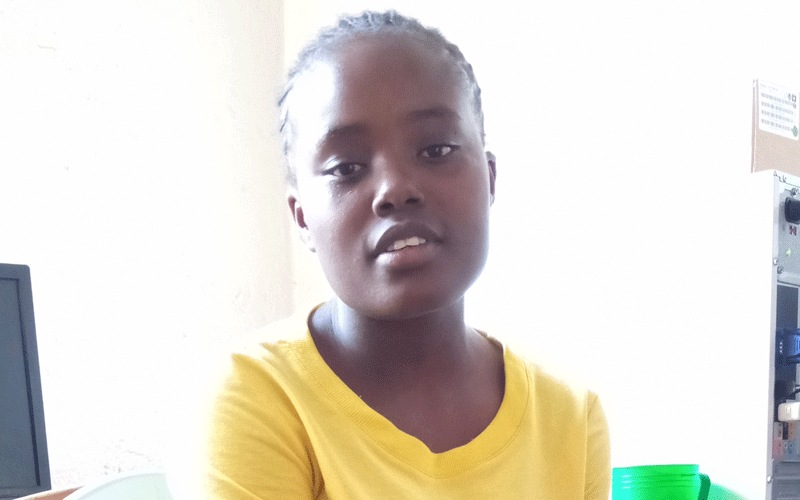
“Those from vulnerable families are facing dire situations as their parents or guardians, who more often than not relied on casual jobs that are no longer available.
Joblessness has resulted from the restricted movements, export markets disruption, factories closure now compounded with recent floods in several parts of the country.
Earning an income by breadwinners is now a tall order. The little money a family can get is dedicated to the most basic needs like food,” the organisation says.
Their response to the disruption of the education programme by Covid-19 is the creation of a platform, Free2, a menstrual health and life skills education app targeting adolescents.
Available on Android, web and SMS, the app comes with interactive activities such as games, Q&A and videos on everything menstruation.
It also features tips for the parents, who register their children to use the app, and guide on various topics seen as taboo in the society.
“The app also offers direct dial contacts for referral and links that include Child Line, Gender-Based Violence support line and Police hotline among others,” says the organisation.
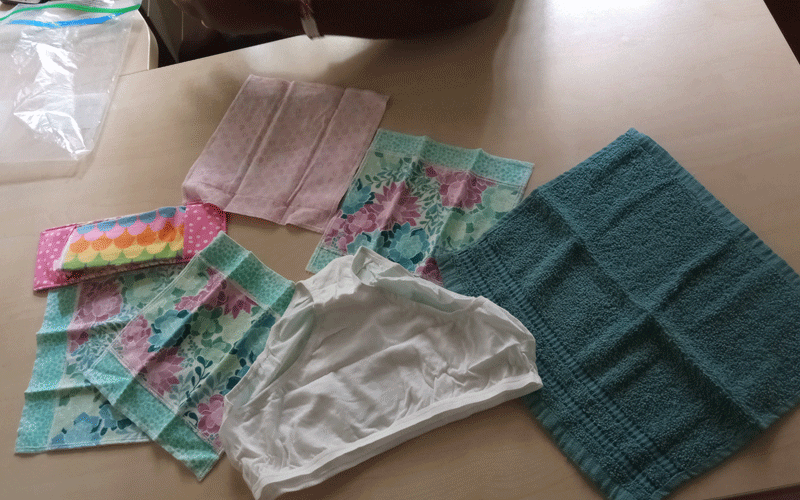
Users go through 28 sessions and upon completion, they receive a Huru Kit, which contains eight reusable sanitary pads, girl panties, user instruction, all packaged in a back pack.
The sanitary pads for schools project has been in place since 2011, under the Ministry of Education, which distributed them to schools in marginalised and slum areas where disadvantaged girls lived.
In 2017/2018, the project moved to the State Department Public Service, Youth and Gender Affairs.
The budget was Sh470 million, targeting distribution to more than 3.7 million girls in the country.
However, according to the Department’s Social Protection, Culture and Recreation Sector Report, only 2.9 million girls in that financial year benefited from the programme.
In 2018/2019, the gender ministry targeted 4.2 million girls, but only 1.9 benefitted from the project.
The reason for this disparity, as indicated in the report, is the delay of the exchequer for procurement of sanitary towels.
The programme went back to the Education Ministry in 2019/2020 financial year, targeting all 1,698,763 girls enrolled in Classes Six–Eight in all public primary schools in all 47 counties.
The pads were distributed to the sub-county Director of Education Offices as at March 31, 2020.
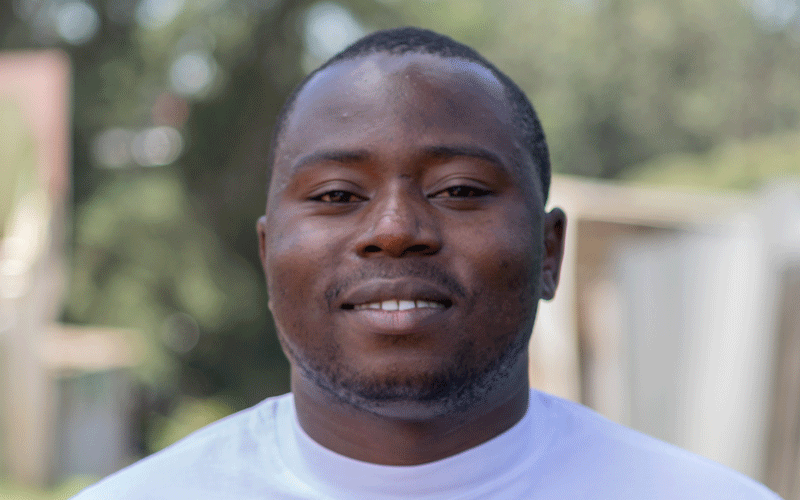
Many stakeholders welcome the move to have the project back to the Education ministry since it has easier access to girls in schools and data to implement the project.
However, many of them decry the inadequate funds allocated to the programme over the years.
“To improve on the delivery of the sanitary towel programme, the national assembly needs to allocate adequate funds in the 2020/2021 budget.
The Cabinet Secretary for Education is on record saying the Sh470 million allocated is not sufficient,” says Evelyn Samba, Country director, Deutsche Stiftung Weltbevoelkerung (DSW) Kenya.
Alternative avenues
Samba also calls for alternative measures to ensure girls access these products now they are home.
“With schools currently closed, the girls who depend on sanitary pads distributed in school are not assured of managing their menstruation adequately and with dignity.
Alternative avenues through which girls can access the sanitary towels out of school need to be established,” she says.
Stakeholders also call for incorporating innovative ideas into menstrual health management, including reducing taxes on materials used to manufacture the products and not just the products alone.
They also highlight the need for standardisation of reusable products, lack of which has caused proliferation of the market with pads of different quality levels.
They call for collaboration between various government organs as well government and local stakeholders to ensure that girls and women are able to access these vital products in an affordable, dignified way.
